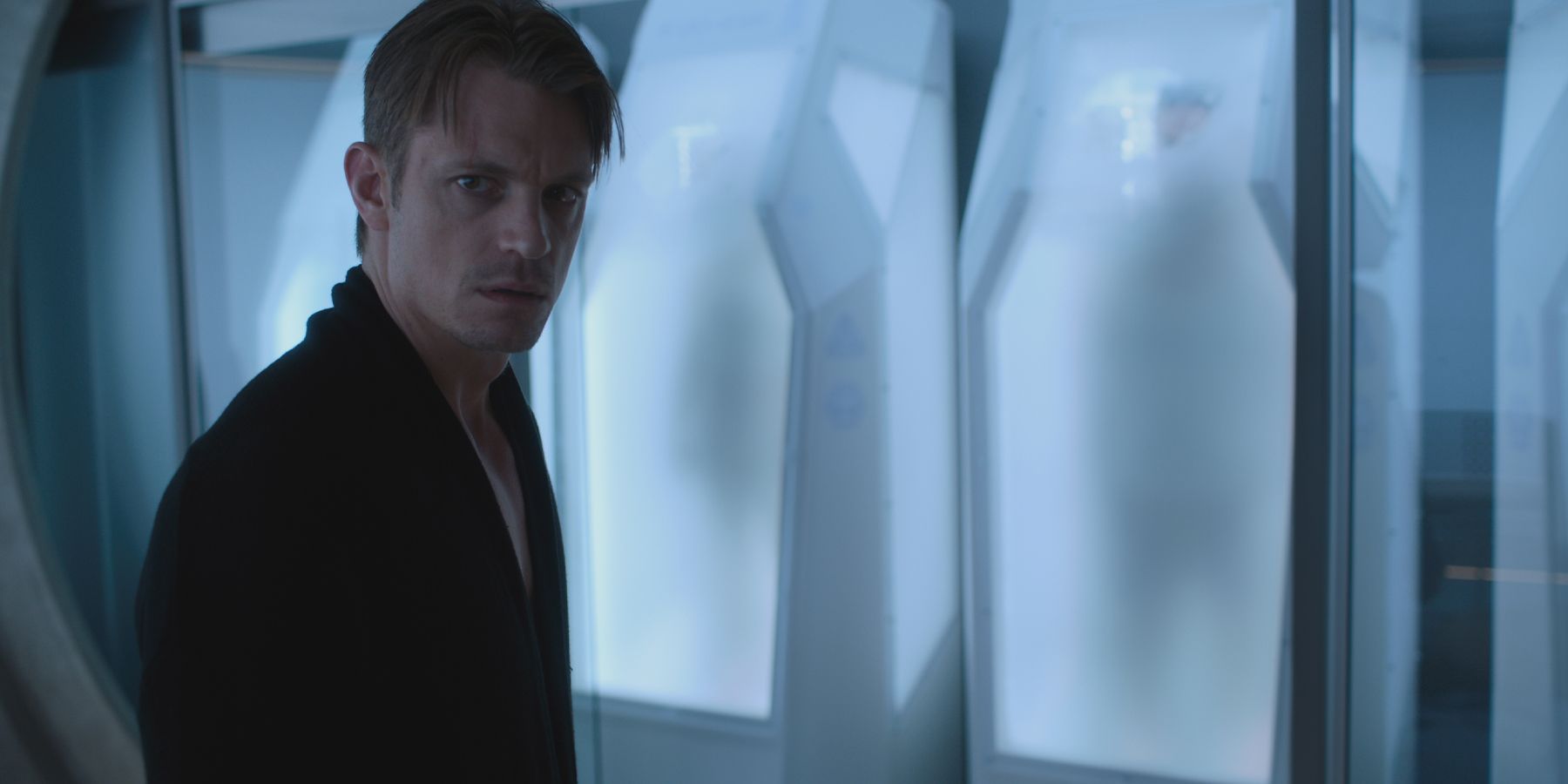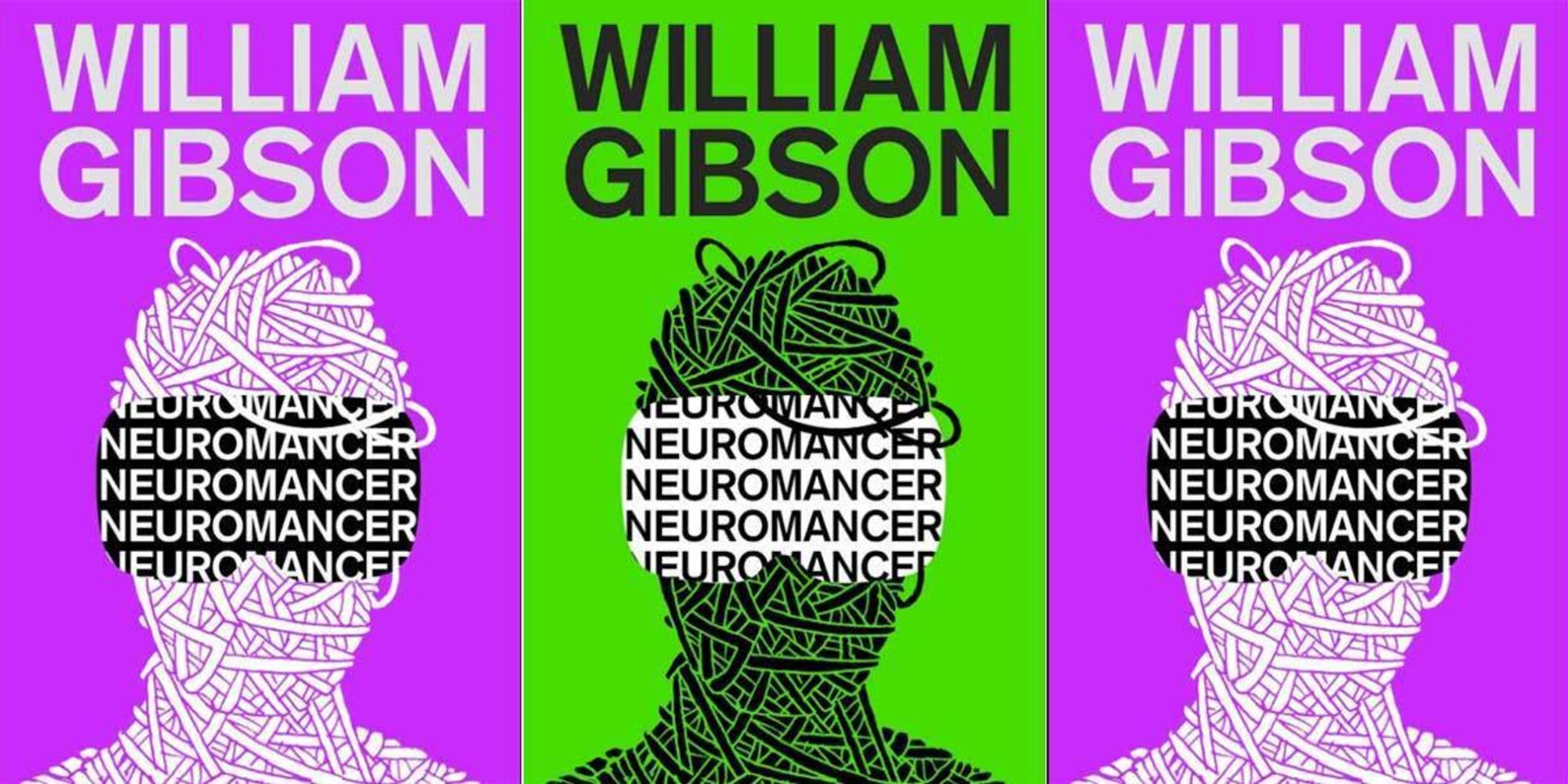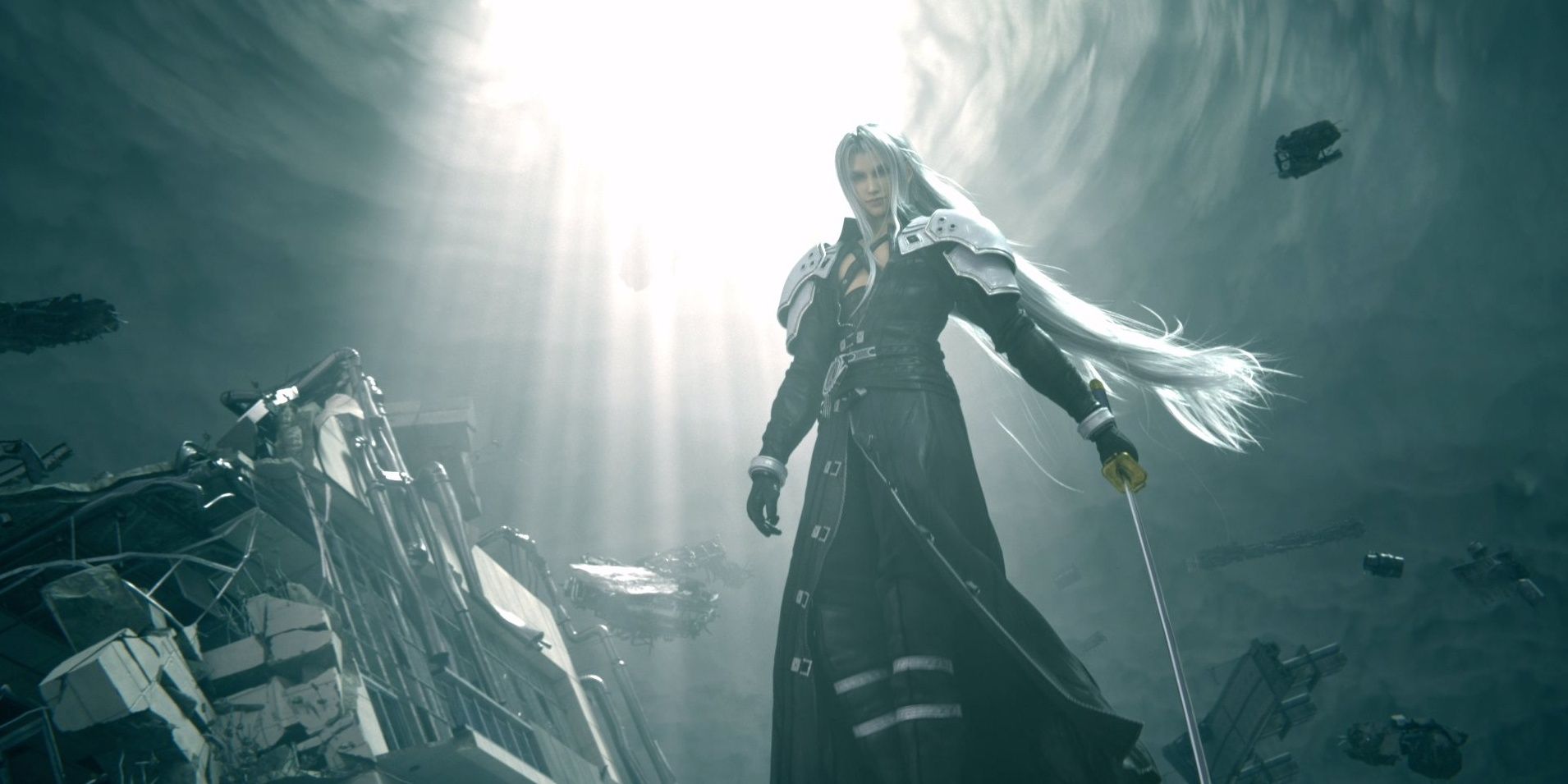In cyberpunk fiction, the big villain above it all is almost always a massive global corporation. Usually, the tech giant that manufactures the fabulous cybernetic limbs also keeps most of its customer base under an oppressive regime. Every evil empire needs a million henchmen to enforce their will, but they also need one real Corporate Samurai to lead the troops.
Character archetypes exist because certain types of stories need specific players to fill all the roles. When a sci-fi story has a faceless business conglomerate in the lead villain role, they need a humanoid figure to fight against. There's usually an evil CEO at the top, but they'll usually hire a Corporate Samurai to do all the real action.
The Corporate Samurai is a character archetype that typically stands out as the most compelling villain in a cyberpunk story. They're assassins, enforcers, and one-man armies who deal with the issues that even a private military contractor can't be trusted with. They earn the term Samurai through their fierce loyalty to their employers, their immense capability in various specialist fields, and their typical code of honor. The average Corporate Samurai differs from any other go-to henchman. They're not just above the nameless hoard in skill level, they're also morally superior. It's not 100% necessary that they work for corporate entities, they'll also be found in the employ of governments or criminal organizations. This archetype usually takes the form of an unassuming normal-looking figure in a fancy suit. Expect unshakable professionalism, a calculating demeanor, and brutal violence juxtaposed against corporate banality.
Arguably, the first example of this trope comes from William Gibson's groundbreaking 1984 cyberpunk classic Neuromancer. The story follows Henry Dorsett Case, who barely scrapes by as a minor hustler. He's unable to access the Matrix, the virtual reality world in which most business gets done. Case lost his access to the metaverse after getting fired from his old job. He used to be an in-demand hacker for a massive cyber corporation. He filled the role of Corporate Samurai, but his specialization was online, rather than real-world. Case's past is a matter of shame, but it also marks him as one of the best console cowboys in the world. Unlike the typical example, Case is an anti-hero, rather than an outright villain. Since he left that archetype behind, he's able to defy a lot of the conventions, while still defining the trope in many ways.
Richard K. Morgan's novels provide a lot of the basis for the Corporate Samurai trope. His Takeshi Kovacs series, most notably his 2002 novel Altered Carbon which was later adapted to the 2018 Netflix series of the same name, centers entirely around the archetype. The story takes place in a world with functional immortality. Everyone's consciousness is uploaded to a small device at the base of their spine which can be easily slotted into a new body upon death. Kovacs is a former elite soldier who underwent wildly unethical augmentations to essentially become a combat-ready sociopath. After his military career, he became a mercenary and worked for hire as a warrior. As part of a lengthy prison sentence, Kovacs is stuck without a body for decades. He's only put into a sleeve when his corporate overlords need him to work. Kovacs is a Corporate Samurai who functions as the series' anti-hero. Morgan covered the concept again in his novel Market Forces.
This concept has taken a lot of interesting directions on the big screen. Take the James Bond franchise's Mr. White, portrayed by Jesper Christensen. In Casino Royale and Quantum of Solace, White is the ultimate hired muscle for Quantum, the shadowy organization of the hour. He guns down tons of men to secure cash for his employers, then winds up in the hands of MI6. He seems like one of a hundred nemeses for Bond to dispatch, but his code of honor emerges when he reappears in Spectrum years later. White leaves the evil organization when his new boss Blofeld gets involved in human trafficking. This leaves him closer to an anti-hero in his final moments.
Arguably, Final Fantasy VII's Sephiroth is one of the most famous Corporate Samurai in fiction. The One-Winged Angel has quit his day job as a 1st Class SOLDIER before most of the events of the game take place, but his backstory is perfect for the Corporate Samurai role. Aside from his skills with a katana, he's a hired enforcer for the Shinra Electric Power Company's private army. Sephiroth is a legendary figure among the group, but many of his iconic traits fit the trope very well. He's cold and calculating, he's an immensely talented warrior, and he follows orders without the need to question morality. Unlike his predecessors, he slides a bit further down the moral spectrum after he quits his military gig.
Corporate Samurai are fun villains and fascinating anti-heroes. The power of an unstoppable super warrior is trumped only by the power of the massive corporate conglomerate that pays their salary. The Samurai is defined by their commitment and their moral code, but they're almost always fan favorites. They codify a certain strain of 90s cool that still unironically works today.



